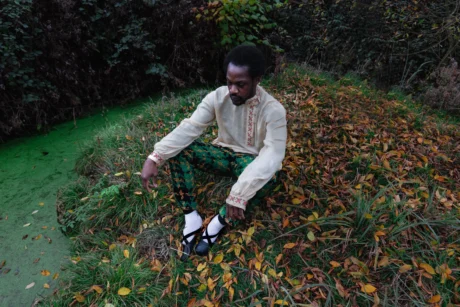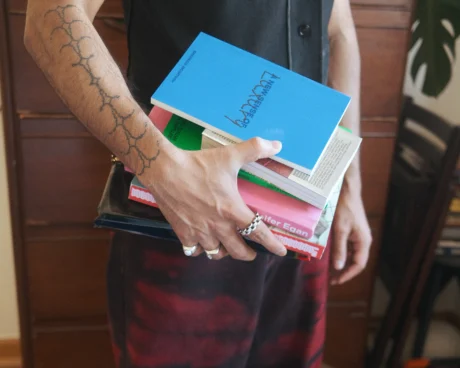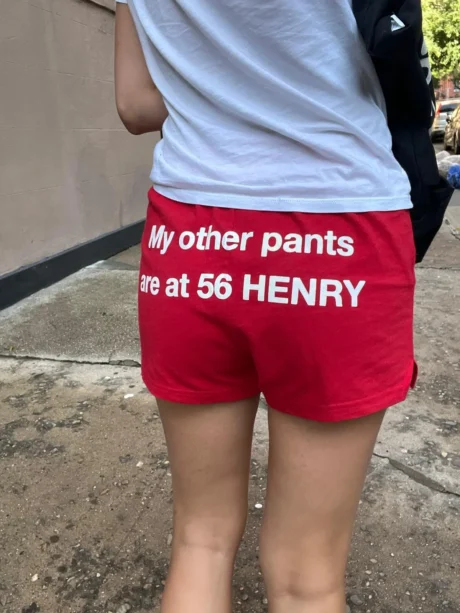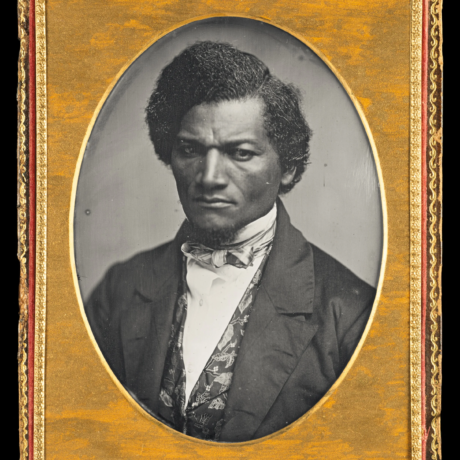
Illustration by Lucia Pham
I’ve been offered a job at an arts institution, but after hearing horror stories about others’ experiences working there, I’m hesitant to take it. Am I being too negative or too rash?
Firstly, congratulations on the job offer! But I sympathise, and I don’t think you’re being too rash or negative at all. That gut reaction is valid and it’s worth weighing up what to do next.
The thing is, no one (not us or anyone else) can tell you not to take it, and I hope you don’t feel too much shame around making this decision. I really believe that selling out isn’t a thing. If it is, it’s only a thing for people who have the money and stability to make better decisions, but don’t. Ultimately, everyone in the creative industries is here to make a living.
We can sit around and romanticise the intellectual importance of the work we do, turn it into some kind of dreamy destiny, but fundamentally this is work. It’s a job we do so we can pay rent, keep the lights on, survive. Thinking about it as some mythic higher purpose just leaves space for institutions and creeps to exploit your willingness to self-sacrifice in service of that higher purpose. It’s just labour, plain and simple.
“We can romanticise the intellectual importance of the work we do, but fundamentally this is work”
If you do take the job, you’re not necessarily guaranteed a bad time. Just because other people have had bad experiences, doesn’t mean you will. Their experiences could be related to a problematic individual, a specific department, or a concentrated moment in time, all things that you might not necessarily run into. You might learn loads, do fulfilling work, make a difference for yourself and for the people you work with.
This is all dependent on the kinds of horror stories you’re hearing though, so pay attention to those and try to understand the root cause of the issues they’re describing. Is it a contained thing or is it institutional and embedded in the place’s working structure, maybe at the level of literal governance?
“There are ways to navigate the problems, though. Everyone says this but you should join a union. Always”
If it’s a problem that chalks up to the structure of the institution itself, their way of working, a shitty director or poor governance, then I can’t lie, that’s a bit of a sticky one. You can outmanoeuvre an individual person but you can’t avoid a system you’re being paid to exist within. There are ways to navigate the problems, though. I know everyone says this but you should join a union. Always.
Often, in larger arts institutions, there are two different unions: one representing front of house staff who have a public-facing role, and another representing office staff who do more white collar administration. Join the one that makes the most sense for the role you have because they’ll be able to act more effectively on your behalf.
It’s a good idea to have a nose around and see if there are any informal staff support networks you can tap into. A good example: Tate have a BAME network and an LGBTQ network to provide specific support by and for staff from those groups. Those networks have done a lot to arbitrate and act on their behalf, often acting as a smaller, more responsive informal union. Unions aren’t perfect; they can be slow, and not necessarily that woke. If you’re worried about a lack of responsiveness, these informal staff networks can be an extra layer of protection.
“These institutions need us more than we need them. We need to wise up to the power we have”
All these institutions seem to be exactly the same, unfortunately. They have all fucked over staff and none are spared from blame when it comes to discriminatory and exploitative working practices. Plenty of people are coming out of lockdown wondering why they need to put up with unequal terms of employment in such a monied industry.
If institutions continue to act in this way with no discernible change (or a plan for future change at the very least), the hesitance you’re describing could become a real and measurable exodus. That prediction isn’t one of doom and gloom: I say that to affirm your gut feeling, and hopefully empower you to demand more from the place you end up working at, wherever that may be.
If bad practice is such an inherent feature of arts institutions, does that mean you should never work for one ever again? I don’t know about that. Again, you need to make a living, and these institutions need us more than we need them. We need to wise up to the power we have going into these spaces. If our demands are collective, organised and loud, they can materialise substantial change on our terms. And I think that’d be in everyone’s best interests.

Culture Therapy: Let Art Solve Your Problems
In the spirit of workers coming together to demand better treatment, better conditions and better opportunities for themselves, I advise you to look up the work of Ed Hall. I first saw his work at the British Pavilion of the 2013 Venice Biennale through Hall’s longstanding partnership with Jeremy Deller
, but his work has also been exhibited at the V&A, Manchester International Festival, and Modern Art Oxford to name a few.
Ed Hall has been hand-making banners for trade union campaigns for years: “handmade, stitched, appliquéd and often with painted scenes as centrepieces” it says on his website, where you can view his online gallery of banners. Importantly, these aren’t just banners made for gallery contemplation but illustrations for real campaigns, to support unions like RMT, UNITE, and UCU. Artists support unions; unions support artists. Together, we can support one another to make change come true.
Illustration by Lucia Pham, an illustrator based in Hanoi, Vietnam
Have a question for The White Pube?
Get in touch with Zarina and Gabrielle at info@thewhitepube.com
GET IN TOUCH





